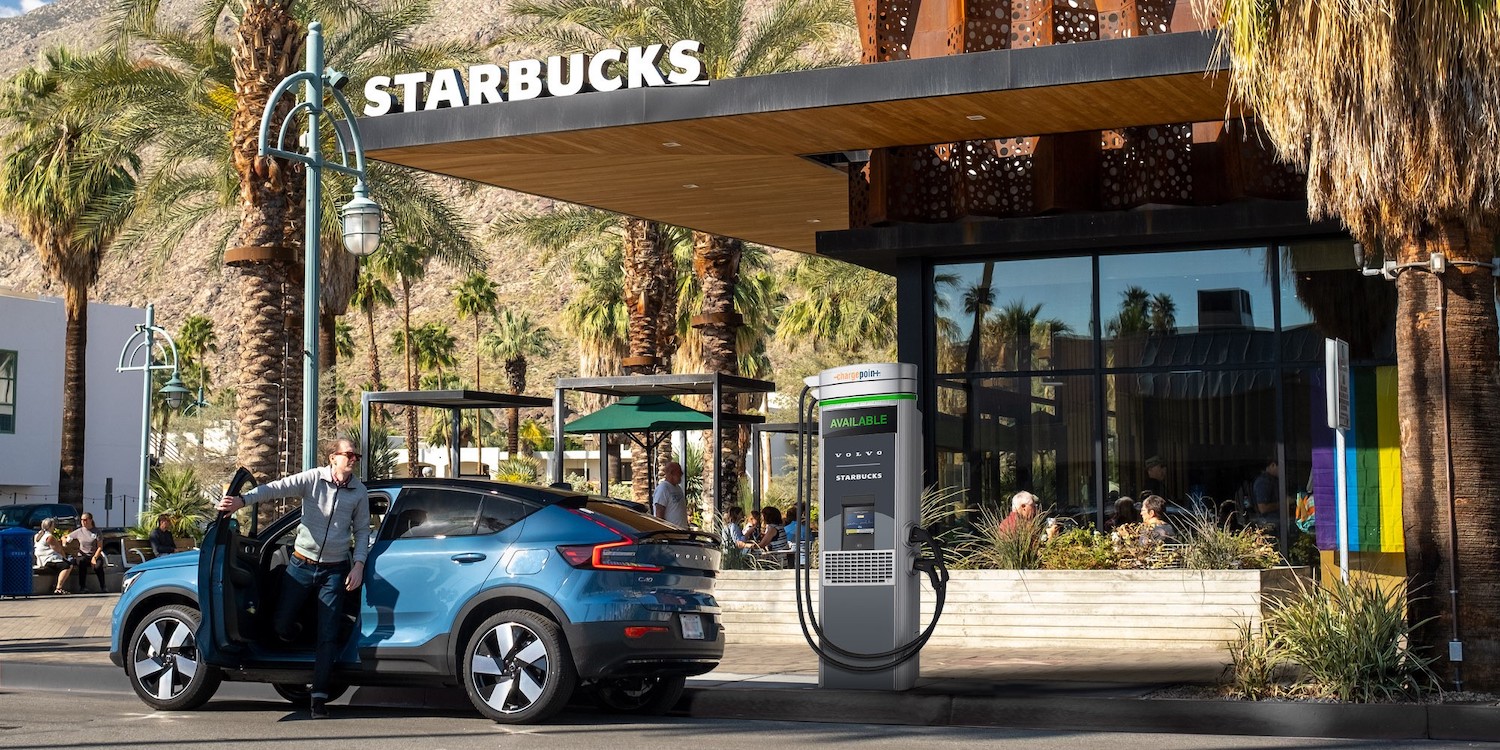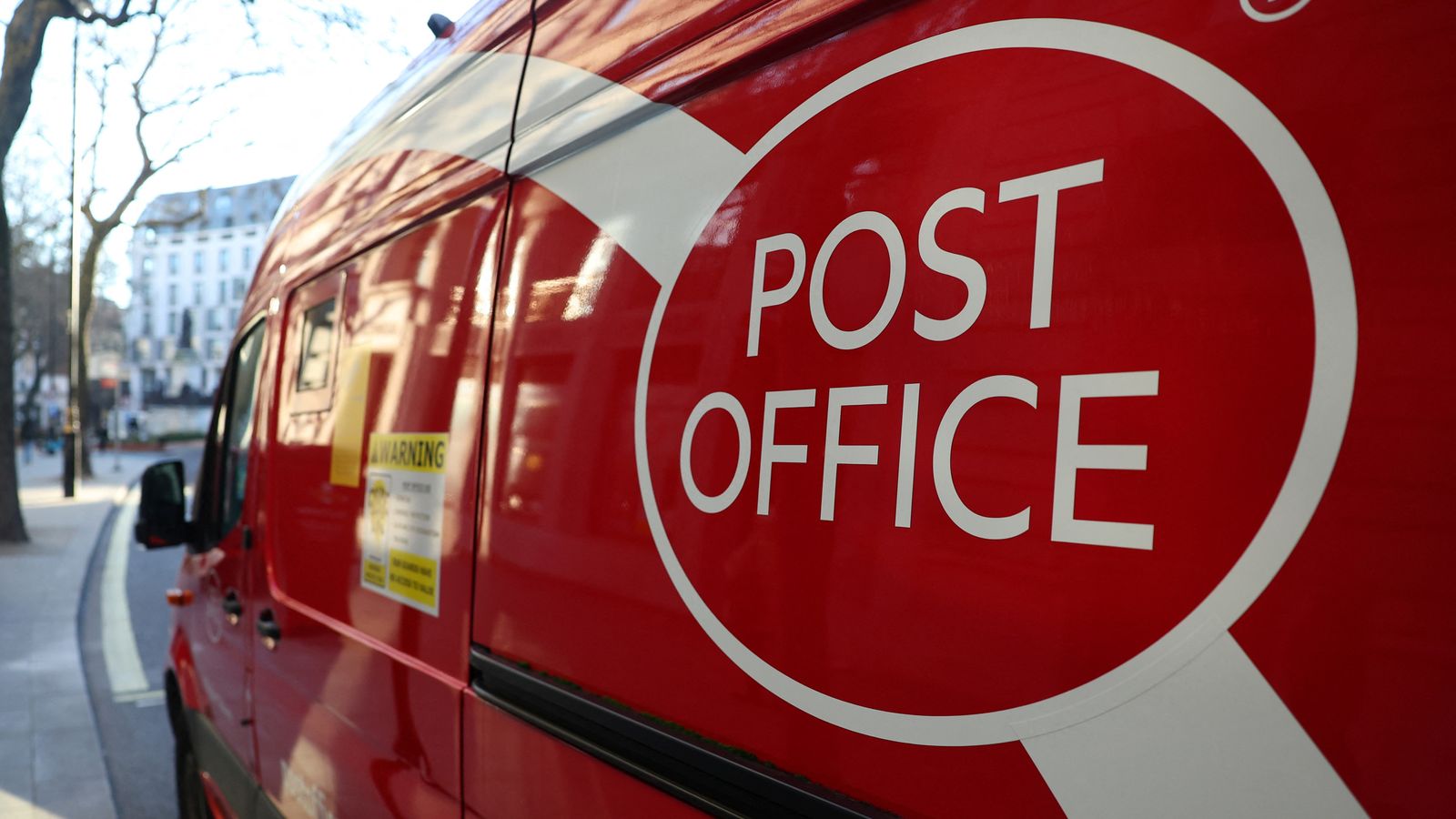
Only a measly 1% of US retailers offer EV charging stations even though they come with significant benefits and government incentives, according to Consumer Reports.
The independent research and consumer advocacy watchdog’s first-of-its-kind study, released today, evaluates the availability of EV charging stations and the commitments made by companies to provide charging at 75 of the largest national and regional retailers across the US.
Consumer Reports analyzed over 270,000 store locations across major retail categories, including big box stores, convenience stores, grocery stores, drugstores, department stores, and discount stores. EV charging is available on average at 1 out of every 14 big box store locations, 1 out of every 15 grocery stores, and 1 out of every 40 department stores.
The study asserts that installing EV chargers can be a way for brick-and-mortar retailers to increase foot traffic (an average of 4%) and revenue (5%). Most retail locations across the US are eligible for federal benefits covering 30% (up to $100,000) of installation costs.
Drew Toher, sustainability campaign manager at Consumer Reports, explained:
Retailers are uniquely positioned to address America’s charging challenge because they have easily accessible, convenient locations in virtually every community.
Companies can attract more shoppers, elevate their brand, and leverage federal incentives, while consumers benefit from the convenience of integrating EV charging into their routine stops.
The leaders and laggards
Spoiler: Except for IKEA, there are currently a lot more laggards than leaders when it comes to installed EV charging. Here’s what Consumer Reports found:
Big Box Stores: Among big box retailers like Walmart and Target, no company except IKEA currently offers EV charging at more than 10% of its locations. IKEA is the only retailer that offers EV charging at nearly 100% of its US locations – but it does need more chargers per location. Walmart is working to build its own DC fast charging network across the US.
Grocery Stores: Amazon Fresh/Whole Foods and some regional supermarkets, including Big Y, Hy-Vee, Meijer, and Raley’s, offer EV charging at over 10% of their locations. Trader Joe’s and Aldi are laggards, with a mere 10 locations combined. Lidl wins the booby prize with none.
Convenience Stores: Wawa and Sheetz lead this category, with more than 10% of locations providing EV charging. Larger chains like 7-Eleven and Circle K currently don’t offer EV charging at more than 1% of store locations. A couple of weeks ago, a Kentucky Circle K became the site of the Southeast’s first NEVI-funded EV charger, and more are in the pipeline in that state.
Department Stores: Kohl’s has installed EV charging at over 10% of its stores. Dillard’s, JCPenney, and TJX Co. combined have installed charging at fewer than 10 locations. Ross doesn’t have any.
Drugstores: Walgreens is the leader, as it’s installing EV chargers at hundreds of its store locations and committing to even more. But CVS is the laggard, as it currently offers charging at fewer than 10 store locations. Rite Aid has none. Drugstores are ideal for DC fast chargers since the average dwell time for drugstores is between 15 and 60 minutes.
Discount stores: Dollar General, Dollar Tree, and Five Below have effectively made no investments in EV charging. With their nearly 40,000 store locations, these stores could play a key role in improving access to rural and under-resourced communities.
Fast Food: This whole retail category is the biggest laggard. With nearly 128,000 US locations, the sample of fast-food companies represents the largest segment of retailers that Consumer Reports surveyed. Fewer than 200 of their locations currently offer EV chargers, and no leading fast-food company offers EV charging at more than 1% of store locations. However, Starbucks, Subway, and Chipotle have all announced plans to start installing EV infrastructure.
Prateek Suri of the nonprofit electric transport organization Forth said in response to the Consumer Reports study:
With federal funding available, this is the best time for retailers to invest in EV charging.
Echoing the recommendations in the report, we urge retailers to commit to clear timelines, prioritize equity, educate customers, and ensure proper maintenance of chargers.
If you’re an electric vehicle owner, charge up your car at home with rooftop solar panels. To make sure you find a trusted, reliable solar installer near you that offers competitive pricing on solar, check out EnergySage, a free service that makes it easy for you to go solar. They have hundreds of pre-vetted solar installers competing for your business, ensuring you get high quality solutions and save 20-30% compared to going it alone. Plus, it’s free to use and you won’t get sales calls until you select an installer and share your phone number with them.
Your personalized solar quotes are easy to compare online and you’ll get access to unbiased Energy Advisers to help you every step of the way. Get started here. –ad*
FTC: We use income earning auto affiliate links. More.











